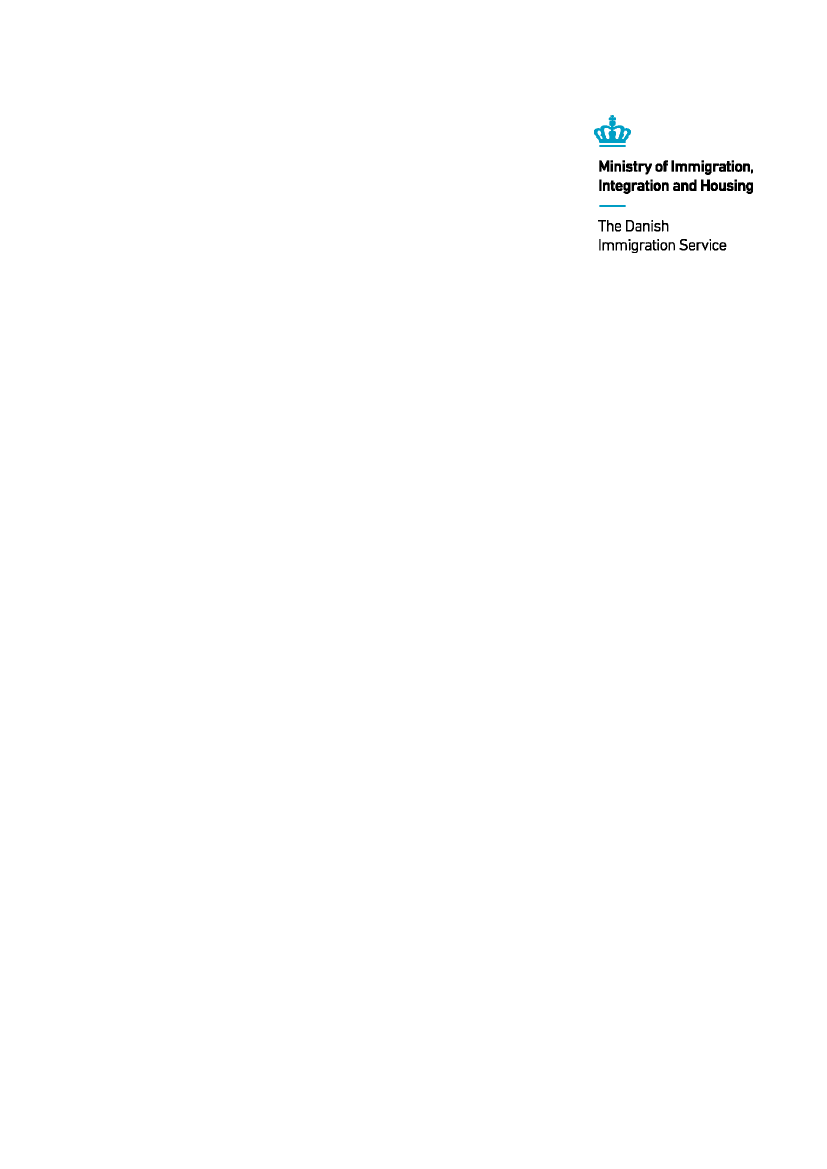
3/2016
Armenia
State Actors, Political Situation, Vulnerable Groups and Citizenship
Report from a Fact Finding Mission to Yerevan, Armenia
3 April to 15 April 2016
Copenhagen, September 2016
Danish Immigration Service
Ryesgade 53
2100 Copenhagen Ø
Phone: 00 45 35 36 66 00
Web: www.newtodenmark.dk
E-mail: [email protected]